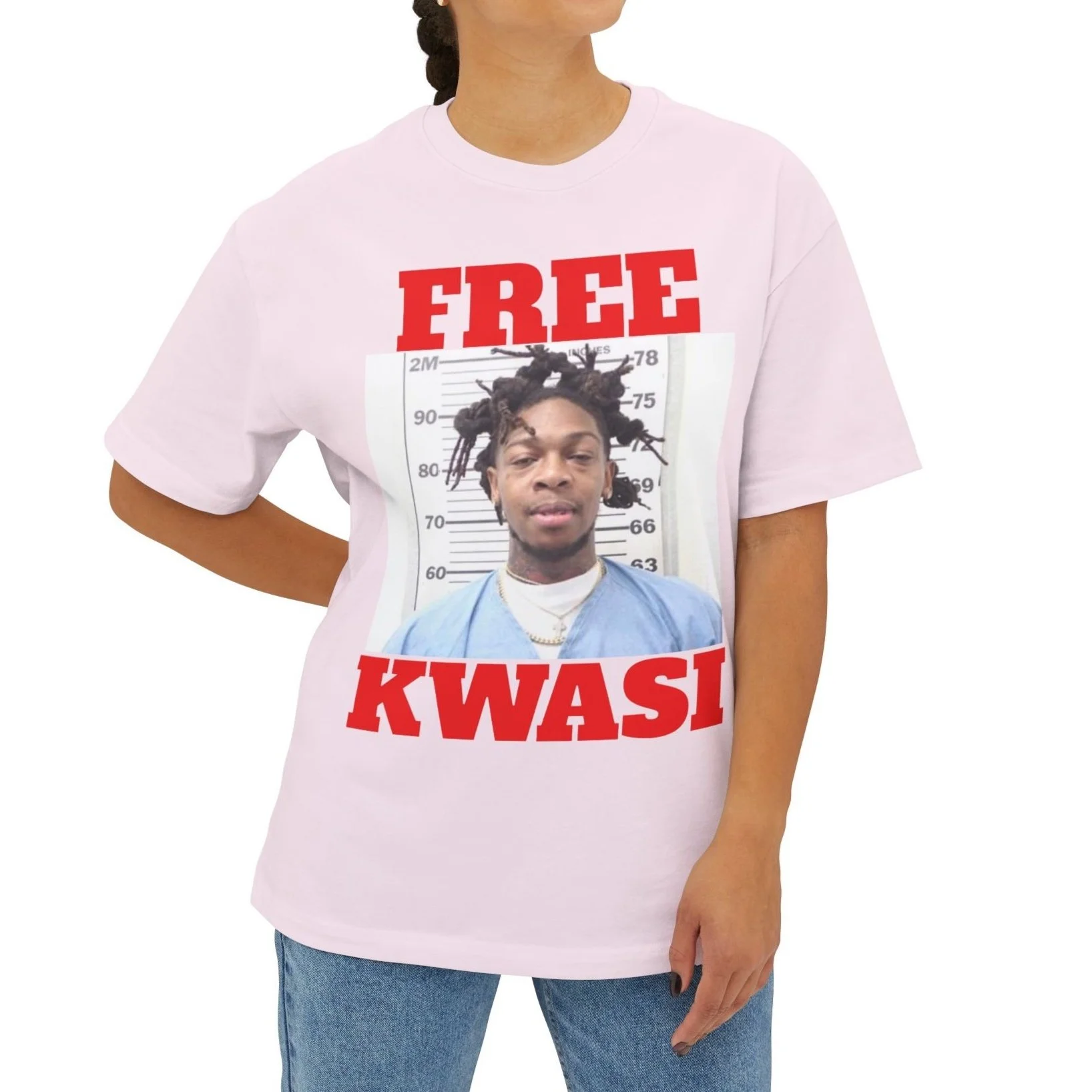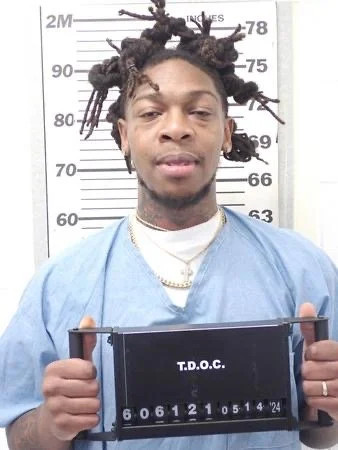KWASI CORBIN
Kwasi was convicted for who he used to be — not what actually happened that night.
Why This Movement Exists
This movement is about more than one case. It’s about what happens when a system sees your past, your hoodie, your rap sheet — and stops seeing your humanity. It’s about fighting back against a pattern that says if you’ve been in trouble before, you don’t deserve the benefit of the doubt. It’s about pushing back on the idea that only perfect victims and perfect defendants get to be heard.
We’re not selling a lie. We’re standing in the truth.
We’re raising funds to fight for Kwasi’s freedom — through appeals, investigations, and legal support. We’re also building a foundation to support others like him: people in Memphis who were overcharged, misunderstood, and tossed aside because of how they looked or where they came from.
This movement is for the ones who never got to tell their side. For those who made mistakes, tried to change, and got no mercy. For those who were sentenced to die in prison for things they didn’t do — or things that didn’t happen the way the prosecution claimed.
This is for Kwasi. This is for Memphis. This is for truth.
“My Past Ain’t a Life Sentence”.
Myneishaia's life matters
Myneishaia's life matters
About Kwasi Corbin’s Fight for Justice
Kwasi Corbin is no stranger to the streets of Memphis. Raised in some of the city’s toughest neighborhoods, he grew up surrounded by survival — not softness. Guns, gangs, and trauma were his everyday reality as a kid. Like many young men born into poverty, Kwasi did what he thought he had to do to stay alive, to earn respect, and to provide for himself and his family. He made mistakes. He carried heat. He lived a fast life. But he is not his past.
By the time he reached adulthood, Kwasi was trying to do better. He had become a father, stepped deeper into his music career, and was making efforts to walk a straighter path. But his past wasn’t easy to outrun. In 2014, at just 17 years old, he was shot in the face — an act of betrayal by someone he once considered a friend. From that moment on, Kwasi lived with a target on his back, and with the constant fear that his life could be taken at any time.
Fast forward to May 2016, when 18-year-old Myneishaia Johnson was tragically shot and killed, and another person, Courtney Abston, was injured. Kwasi was charged and later convicted of both. But the full story was never heard in court — a story that included the very real threats Kwasi faced, the fear he lived with daily, and a justice system that judged him more by his past than by the facts.
Yes, Kwasi fired a gun that night — but not to murder anyone. His intent, according to his testimony and consistent statements, was to protect himself from people he feared would kill him. He fired two shots, not at a person but out of panic. He never meant to harm Myneishaia, and her death was a devastating tragedy for everyone — including him.
Kwasi’s history made him an easy target for conviction. The image of a young Black man with a record and a rap name was more compelling to the courtroom than the truth. The jury didn’t hear the full context. Key evidence about threats on his life was excluded. In a system that’s too often driven by narratives and fear, Kwasi was convicted for who he used to be — not what actually happened that night.
This campaign isn’t here to paint Kwasi as an angel. We’re not rewriting his past — we’re fighting for his future.Everyone deserves a fair trial. Everyone deserves the right to grow. And no one deserves to be wrongfully convicted because of who they once were. Kwasi is already paying for his past — but he should not pay with his life for a crime he did not commit.



